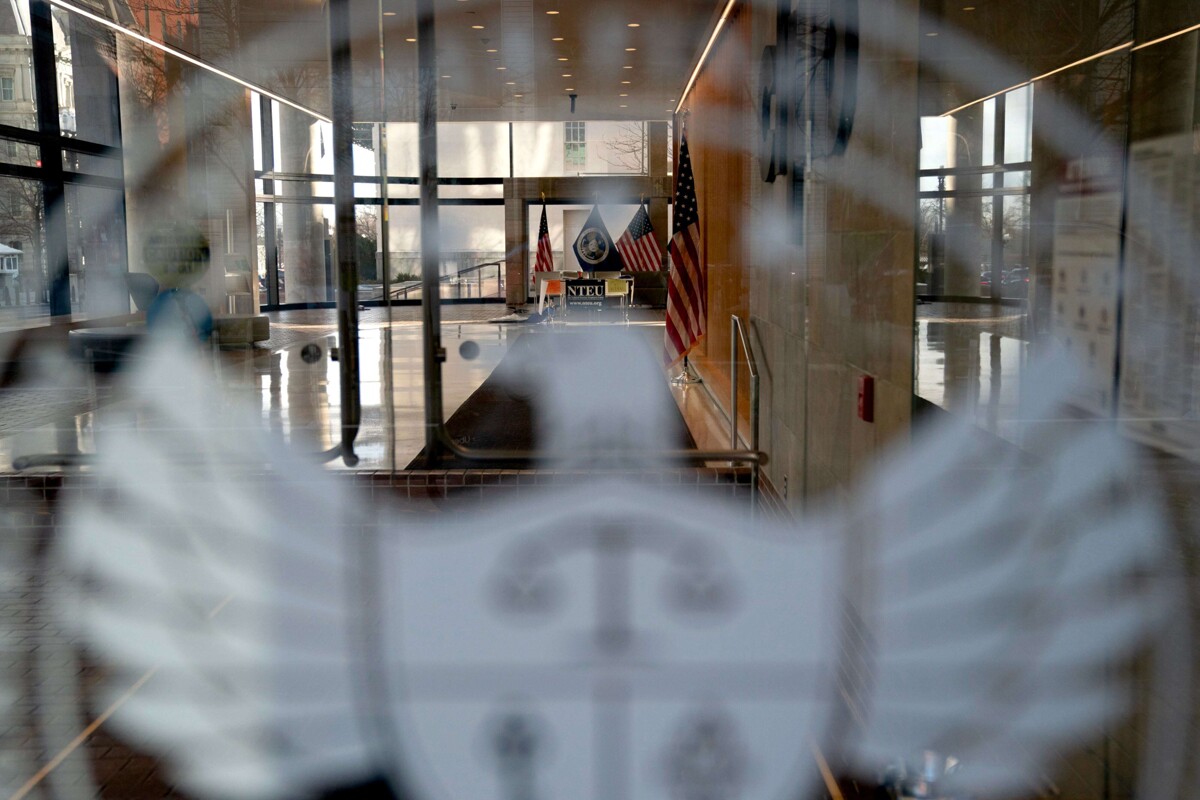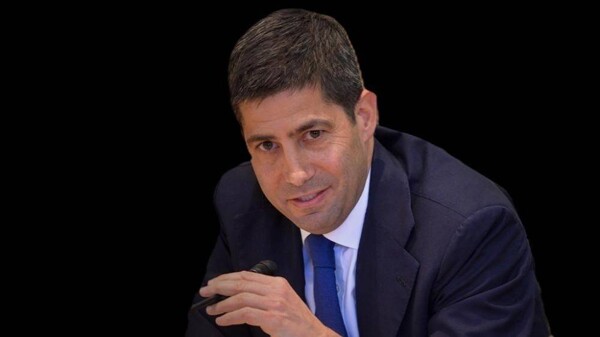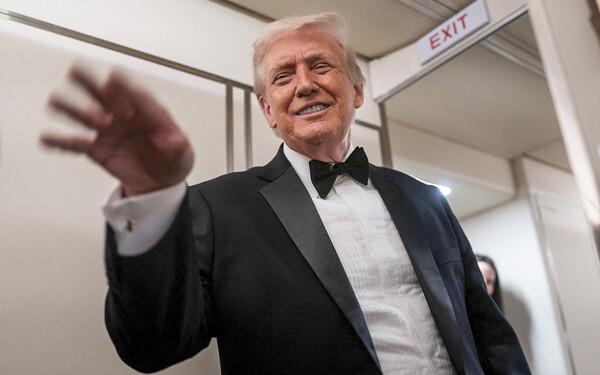
President Donald Trump called for lower interest rates to increase pressure on the Federal Reserve as part of his economic agenda. Trump expressed this request on social media, noting that the reduction in rates could accompany the upcoming tariffs.
These comments arose before Jerome Powell, the Fed Chairman, testified before the House Financial Services Committee. Trump also attempted to attribute the persistent inflation to his predecessor, former President Joe Biden.
Despite data showing an increase in U.S. inflation, Powell emphasized that there is no need to abruptly adjust interest rates, stating that the Fed will act with patience before considering a reduction in borrowing costs.
David Kelly, a strategist at JP Morgan Asset Management, warned that uncertainty regarding tariffs, immigration policy, and a fiscal package in Congress advises the Fed not to rush into cutting rates. Trump's comments on monetary policies create uncertainty and mark a shift from previous positions.
Traditionally, presidents in the U.S. avoid commenting on Federal Reserve policies. However, Trump has regularly intervened on this issue, criticizing Powell during his previous term. This intervention brings uncertainty to the country's economic outlook, especially in the context of tariffs and trade agreements.
The president has delayed tariffs on Canada and Mexico but has promised reciprocal trade measures with other countries. Most economists believe these actions could increase inflation, which is a concern for voters and influenced Trump's return to the White House.














